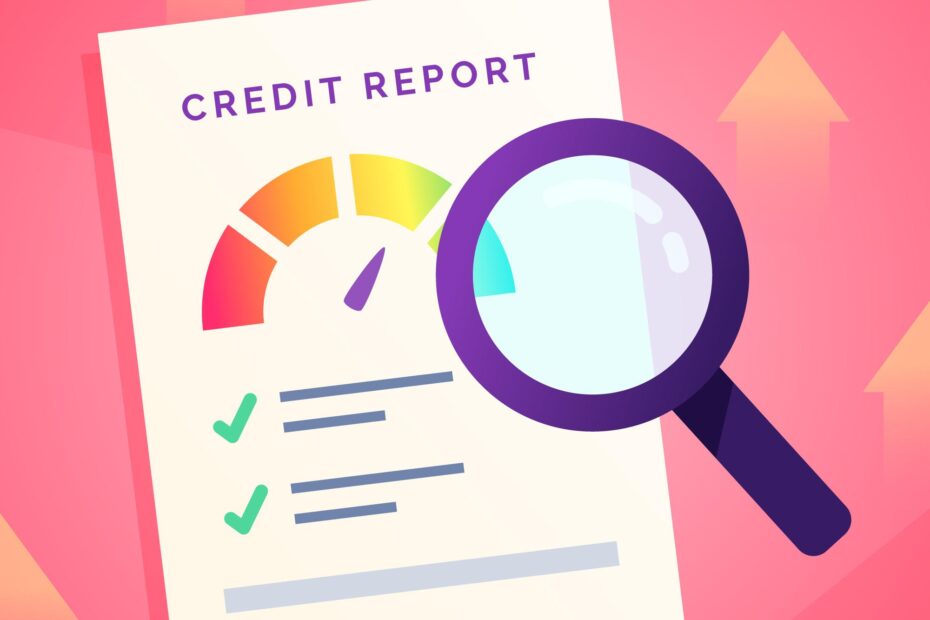A credit report is a detailed document that outlines an individual’s credit history, including personal information, credit accounts, loans, bankruptcies, late payments, and inquiries from companies. Credit bureaus compile these reports using data from creditors, lenders, utilities, and other sources. The primary purpose of a credit report is to provide potential lenders with a comprehensive view of an individual’s creditworthiness, helping them make informed decisions about whether to extend credit and at what terms.
Credit reports are maintained by credit reporting agencies (CRAs) or credit bureaus, with the three major ones in the United States being Equifax, Experian, and TransUnion. These reports play a crucial role in financial transactions, influencing the approval of loans, credit card applications, interest rates offered, employment opportunities, and even rental agreements.
The information in a credit report can be divided into several sections:
- Personal Information: This includes your name, Social Security number, addresses (current and previous), employment history, and sometimes your spouse’s name.
- Credit Accounts: Detailed information about each of your credit accounts (also known as trade lines), including the type of account (credit card, mortgage, auto loan, etc.), the date you opened the account, your credit limit or loan amount, the account balance, and your payment history.
- Credit Inquiries: A record of all entities that have requested your credit report, categorized into “hard” inquiries (which occur when you apply for credit and can affect your score) and “soft” inquiries (which do not affect your score, such as when you check your own credit or a lender pre-approves you for an offer).
- Public Records: Information on bankruptcies, foreclosures, tax liens, civil judgments, or other legal matters that are part of the public record and relate to your creditworthiness.
- Collections: Accounts that have been turned over to a collection agency due to non-payment.
It’s important for consumers to regularly check their credit reports for accuracy, as errors can negatively affect their credit scores and ability to obtain credit. In the U.S., the Fair Credit Reporting Act (FCRA) entitles individuals to one free credit report from each of the three major credit bureaus every 12 months, which can be obtained through AnnualCreditReport.com. Disputing inaccuracies is a key right under the FCRA, and consumers can take steps to correct or remove incorrect information from their reports.
Get your free score and more – Intuit Credit Karma